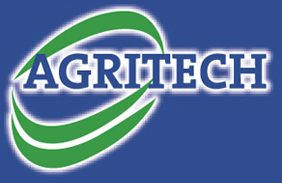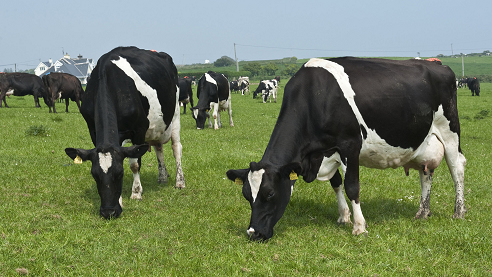After a tumultuous start to the grazing season, the focus regarding nutrition at this point in the year should be simply centred around always having high quality grass available to the main grazing herd. Quality in grass this time of year can often be a struggle, with a constant balancing act between having enough, taking out surplus and holding quality in paddocks ahead of cows.
Assessing grass availability on the platform as often as possible (weekly at a minimum) to make well informed, timely decisions around taking out surplus grass to maintain quality and pre-grazing yields at 1,200 -1,400 kg DM/ha. Where pre-grazing yields are higher, it will be extremely difficult to graze out these paddocks to target residuals (3.5-4cm), resulting in poor grass utilisation and negatively affecting quality in the subsequent rotation. When grazing heavy covers of grass, it is worthwhile to also remember that for every 4% reduction in grass digestibility, milk solids yield will consequently reduce by approximately 5%.
Concentrate feeding rates for the summer months can often be a topic of debate. However, before pulling back feeding rates a few factors must be taken into consideration. Grass availability and quality should be the first dictating factor, as well as condition of the main herd/current point in the breeding season, coupled with their current milk output.
At this point crude protein requirements of the cow are being well matched by grazed grass, and low protein concentrates (≤15%) should be used. A 1% reduction in concentrate crude protein % during the grazing season could potentially result in a 5% reduction in GHG and ammonia emissions.
Typical feeding rates at grass, depending on milk output and grazing conditions/grass quality:
| Month | Grazing Conditions | Potential Milk Yield from Grass (L) | 20 litres | 25 litres | 30 litres |
| June | Good | 22 | – | 1.2 | 3.2 |
| Average | 19.5 | 0.2 | 2.2 | 4.2 | |
| Poor | 17 | 1.2 | 3.2 | 5.2 | |
| July | Good | 19 | 0.4 | 2.4 | 4.4 |
| Average | 16.5 | 1.4 | 3.4 | 5.4 | |
| Poor | 14 | 2.4 | 4.4 | 6.4 |
Due to the late spring, reseeding plans in many cases had been delayed/postponed. However, it is imperative that when the opportunity arises to proceed with reseeding plans – The target being to reseed 10% of the grazing platform annually.
For more information, contact your local Sales Advisor.


